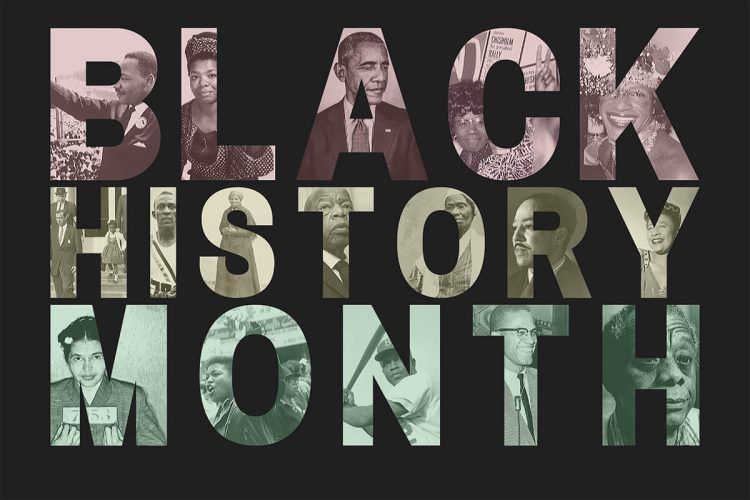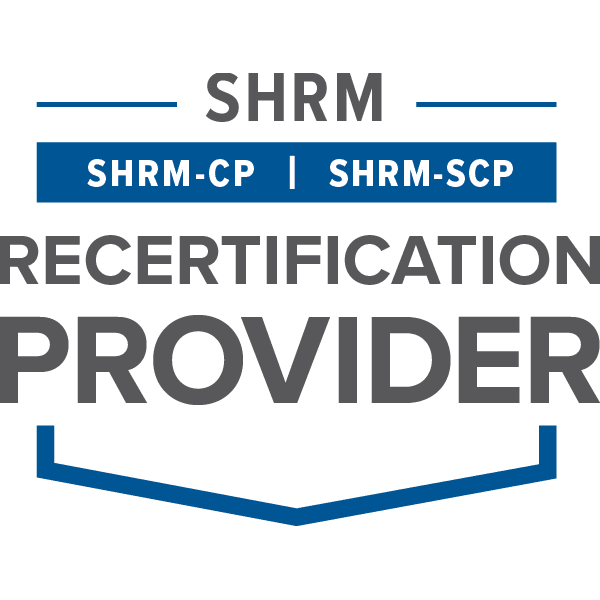Get Ready...The New Year is Here
As 2022 comes to an end, where we find ourselves not surprised when candidates ask … “Is the job hybrid, and do they offer pet insurance”, and employers are tasked with walking away from candidates that are demanding high wages, and lofty benefits. And everyone is simply asking “what is the company culture”, and how does it align with my vales.
Yes, we are now numb to these statements and must prepare our clients and candidates for what the future holds.
Below are my top three attributes to watch for:
1. A workforce filled with budding new leaders that bring technological, economic and social shifts. These new leaders are eager to engage with the boomers, that entered the workforce when there was a true defined hierarchy structure. This age stratification will continue to create opportunities for organizations to build an inclusive workplace culture, where all perspectives are valued and heard.
2. New Organization structure and department shifts will take place. These new structures will encourage people to understand what contribution, and value add they bring, while empathizing the ability to work across departments to maximize outcomes that highlights one’s strengths. The notion that employees are hired based on their skill sets and the value they bring to an overall project, will be a true focus.
3. Technology will continue to show up in many ways that will untimely leave some behind. Yes, hybrid work is here to stay, while challenging some to become more tech savvy since they will not have access to the IT department on demand. In addition, we will see artificial intelligence being utilized throughout organizations to take on work. However, the reality is humans will remain to work more on strategic planning, building culturally responsive organization, while meeting the call for a more robust diverse workplace.
Finally, as we prepare for 2030 it is evident that our workforce will come with an astute level of sophistication that requires organizations to ensure employees are able to use their skills in a meaningful way, while staying true to the importance of having a strong culturally responsive workplace that encourages technology, not as a barrier but as an equitable measure.





